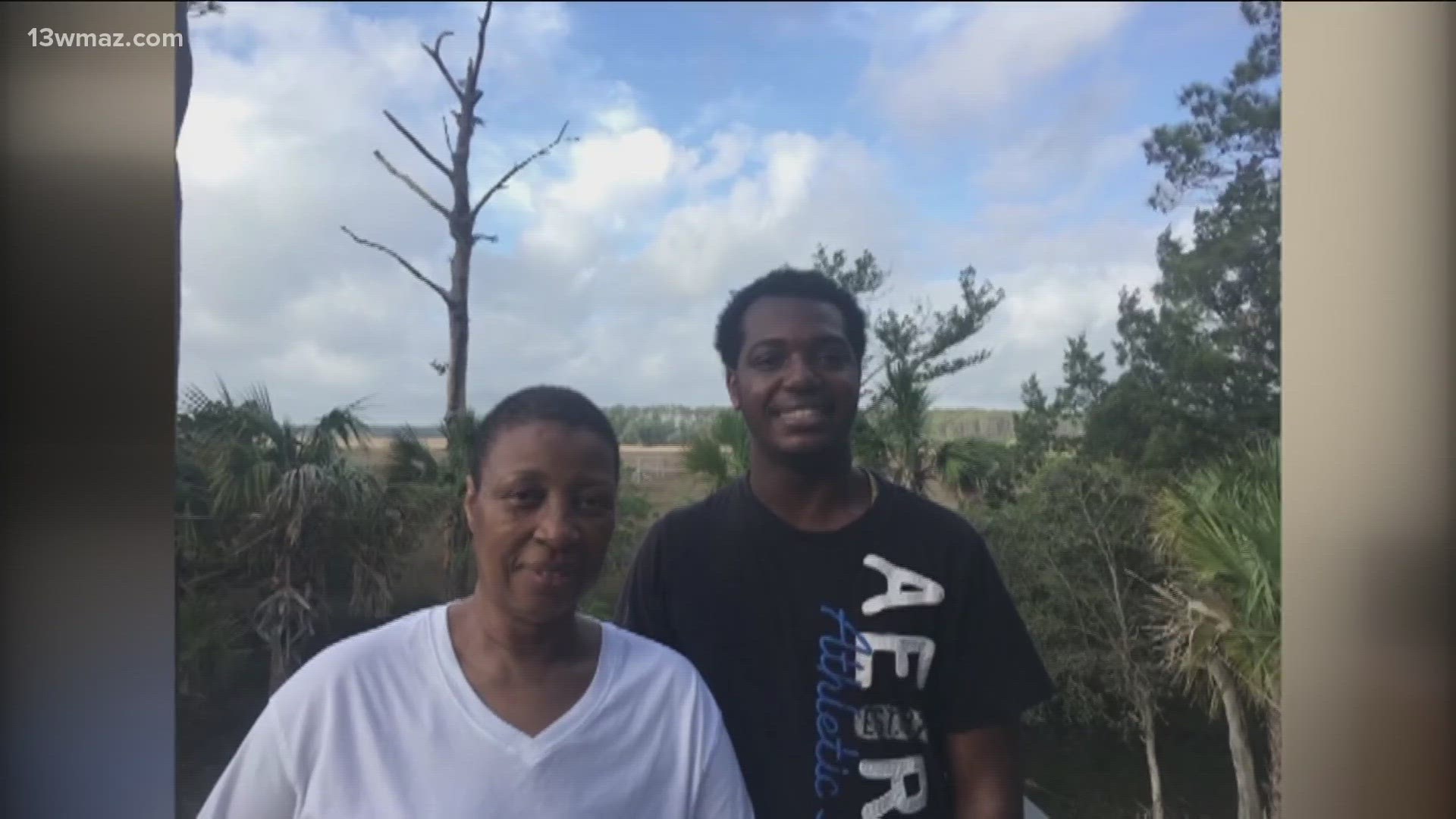MACON, Ga. — Whether someone cuts us off in traffic or does something to hurt us, forgiving that person can be challenging, but if we don't forgive, it could also weigh us down and significantly impact our mental health.
"He should have been more intentional about his driving, but I don't think he meant to take my grandson's life that day," says Gloria Cisse.
Cisse's lost her grandchild, Shemar Brooks, after an 18-wheeler ran him over.
"It hurt so intensely, and I couldn't stop blaming the person," says Cisse.
She knew she had to forgive the person who took her loved one's life, not for them, but for herself.
"It's about you because when you learn to forgive and when you get to the place where you can forgive, you can begin your healing," says Cisse.
She says not forgiving can lead to aggression, anger, resentment and built-up emotions.
If you've lost someone close to you, Cisse, the lead therapist at the Southern Center for Choice Theory, recommends getting into a small group of people who have experienced similar trauma.
"Sitting down with other people that have had the same kind of experience or sitting down with a professional," says Cisse.
For the more minor issues, like someone taking your parking spot or cutting you off in traffic, she says to be empathetic toward that person.
"Put themselves in that person's place. Maybe they had somewhere they needed to be, or they were distracted, or something was going on for them. Maybe that place wasn't meant for me," says Cisse.
Sometimes we even have to look at the person we see in the mirror and apologize to them.
"We have to forgive ourselves for whatever perceived roles we played in something, and we have to do it every day," says Cisse.

